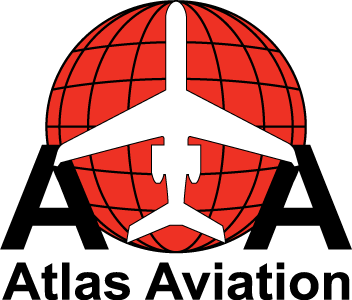Sport Pilot Certification
The Sport Pilot Certificate is the fastest and most affordable way to earn your wings. At Atlas Aviation in Tampa, we provide a complete training program designed to get you flying safely and confidently in Light Sport Aircraft (LSA)while keeping time and costs manageable.
Prerequisites
Before starting your training, you must:
-
Be at least 17 years old at the time of your checkride.
-
Hold at least a valid U.S. driver’s license (in most cases, no FAA medical exam required).
-
Be able to read, speak, write, and understand English.
Training Hours
FAA minimums for the Sport Pilot Certificate are:
-
20 total flight hours
-
15 hours of dual instruction with a Certified Flight Instructor (CFI)
-
5 hours of supervised solo flight
-
-
Training includes:
-
Cross-country navigation
-
Takeoffs, landings, and maneuvers
-
Basic emergency procedures
-
👉 Average training time: Most students require 30–35 hours to be fully proficient before the checkride.
Costs
At Atlas Aviation, we provide transparent pricing for Sport Pilot training:
-
Aircraft rental (LSA): starting at $XXX/hour wet (fuel included)
-
Instructor time: $XXX/hour
-
Ground school: $XXX (online or classroom options available)
-
Books, materials & supplies: approx. $300
-
FAA written exam fee: $175
-
FAA checkride (practical exam) fee: $600–$800 (paid to the examiner)
👉 Estimated total cost: $6,500 – $8,500, depending on aircraft choice, study habits, and training frequency.
Examinations
To earn your certificate, you must pass two exams:
-
FAA Knowledge Test – a multiple-choice written exam on regulations, weather, navigation, and aerodynamics.
-
Practical Test (Checkride) – with a Designated Pilot Examiner (DPE), including:
-
Oral exam (1–2 hours of questions on flight planning, airspace, and safety).
-
Flight test (1.0–1.5 hours in the aircraft demonstrating proficiency).
-
Benefits of a Sport Pilot Certificate
-
Lower Training Requirements – Compared to the Private Pilot Certificate, the Sport Pilot requires fewer hours and lower costs.
-
Medical Flexibility – Most students only need a valid driver’s license (no FAA medical exam required).
-
Quickest Path to the Sky – You can earn your license in as little as a few months.
-
Counts Toward Higher Certificates – All hours logged can be applied toward a Private Pilot or higher certification in the future.
-
Affordable Recreational Flying – Great for flying locally, taking a passenger, and enjoying aviation without a long training commitment.
